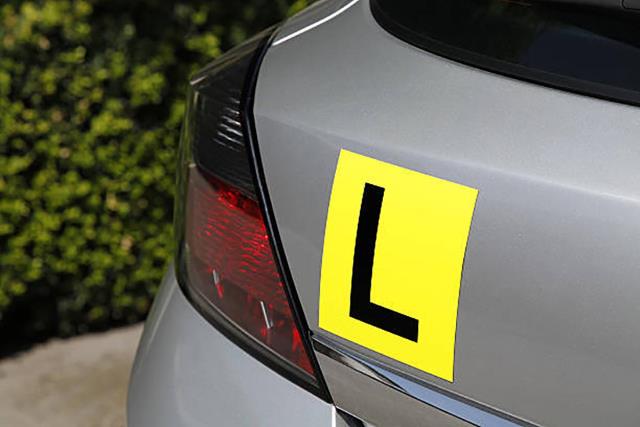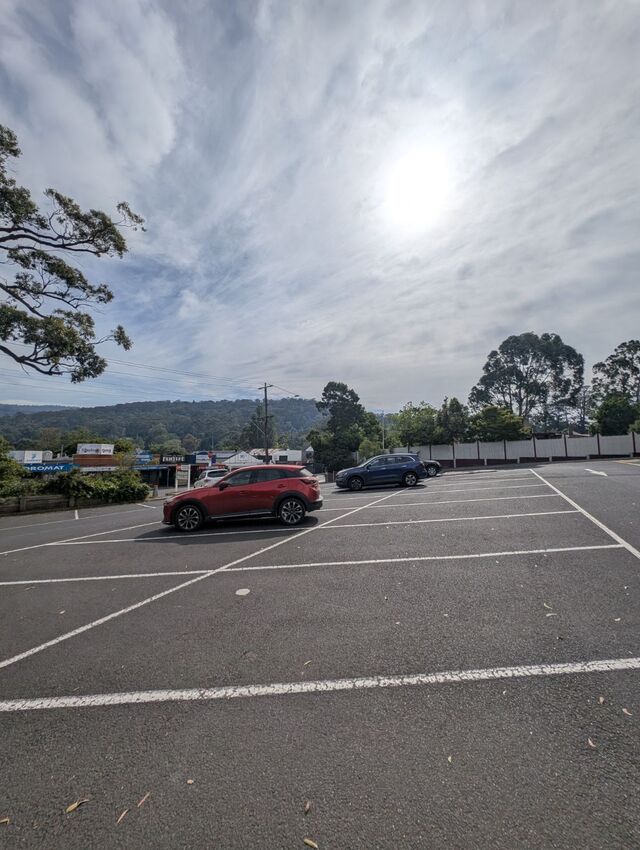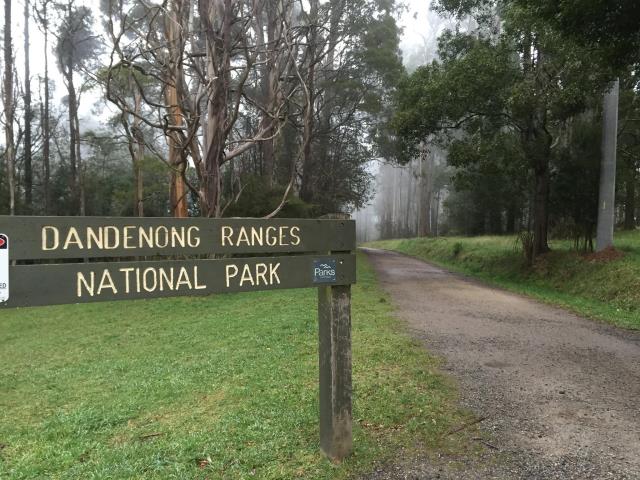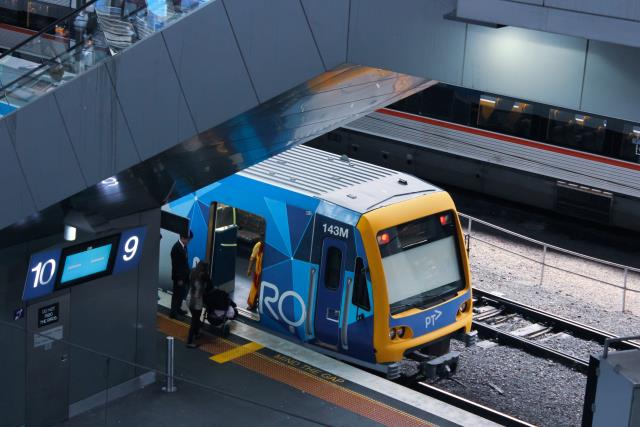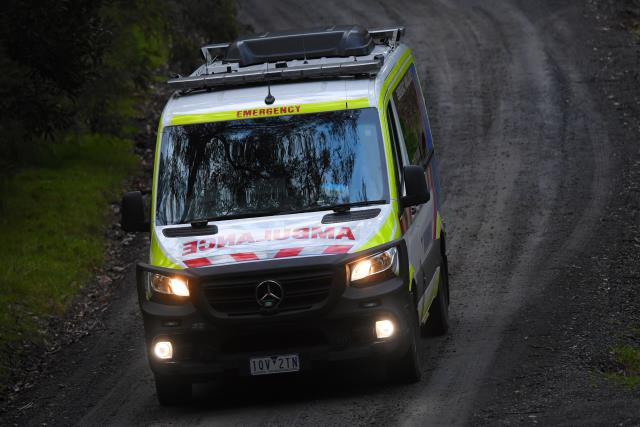The State government announced on Friday 1 July that parts of VicRoads would be sold in a joint venture between the State Government and a consortium.
The consortium —made up of Aware Super, Australian Retirement Trust and Macquarie Asset Management — has entered a “40-year partnership in which the Government retains ownership of VicRoads, while generating $7.9 billion in upfront proceeds for the state” in exchange for the licensing and registration portion of the government-owned corporation.
Treasurer Tim Pallas said the move was a win for all Victorians.
“It means a better experience for drivers and owners of cars, motorbikes, trucks and boats, and continued investment in VicRoads for future generations,” he said.
“It’s a terrific start for the Victorian Future Fund, which will deliver major benefits for Victorians as we continue to recover strongly from the shocks of the pandemic.”
The money made by the sale will be invested in the Victorian Future Fund, which aims to offset debt from the Covid-19 pandemic through investment returns.
Minister for Roads and Road Safety Ben Carroll said the move will also see fees for learner and probationary drivers licenses reduced to zero.
“Getting your L’s and P’s is one of life’s most significant milestones,” he said.
“The agreement protects the jobs and conditions of VicRoads workers and will see us create new roles as well.”
The Victorian Government is claiming the move — which it said is a “joint venture” and not partial privatisation — will create a better service for customers and businesses.
Victorian Greens Spokesperson for transport Sam Hibbins said the decision was a “neo-liberal shocker”.
“The sell-off of VicRoads’ licencing and registration function has put the interests of private profit over the public good,” he said.
“The lease, which will not expire until the 2060s, will mean higher fees, lower quality customer service, and less jobs, lower wages, and conditions for workers for decades to come. It will put control over another public asset in private hands.”
He pointed to the privatisation of the Port of Melbourne, Land Titles Office and public housing estates as examples of the “biggest privatisation agenda since Kennett.”
“The Government’s so-called future fund is a neoliberal economic policy using the sale of public assets and public land to service debt,” he said.
“Even more concerning is that the Government has not ruled out or excluded future fund investments in climate change causing fossil fuels.”
Shadow Minister for Public Transport and Roads Steph Ryan was contacted for comment.

